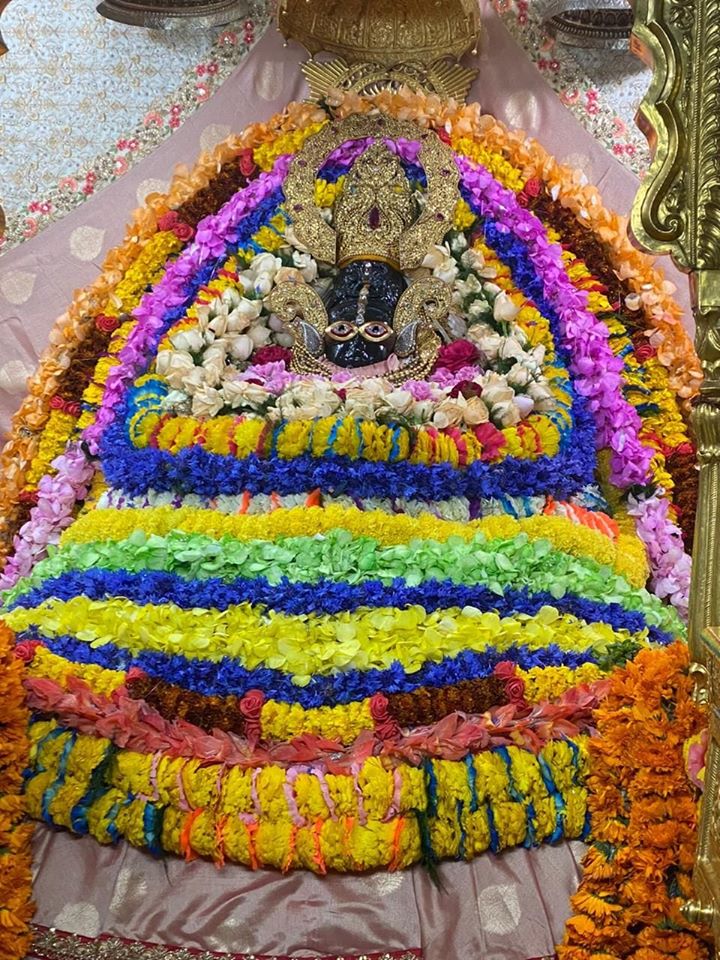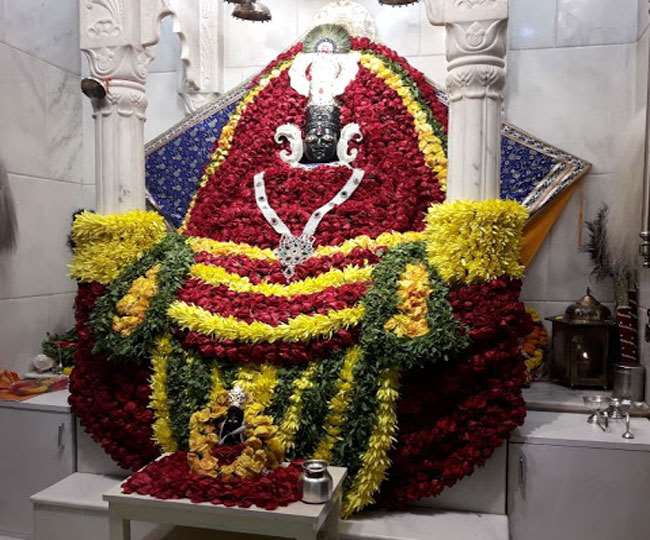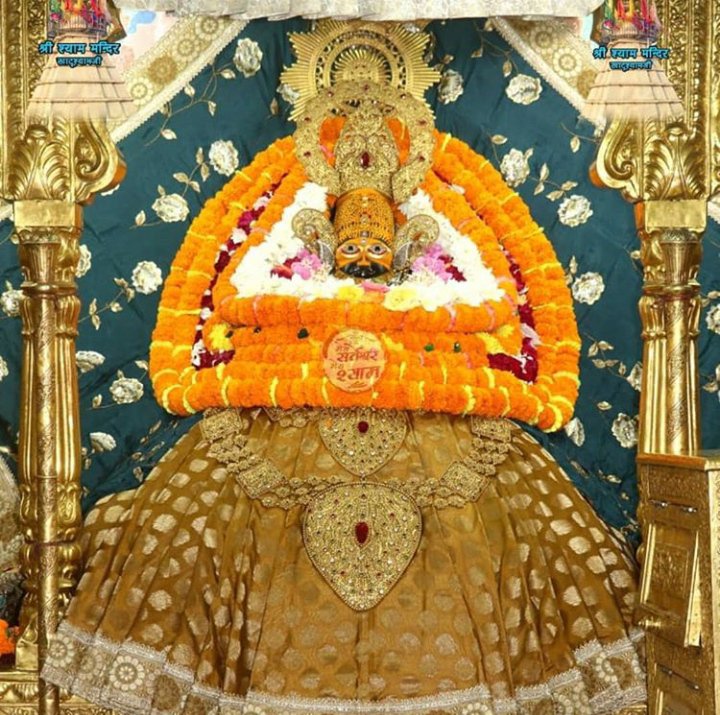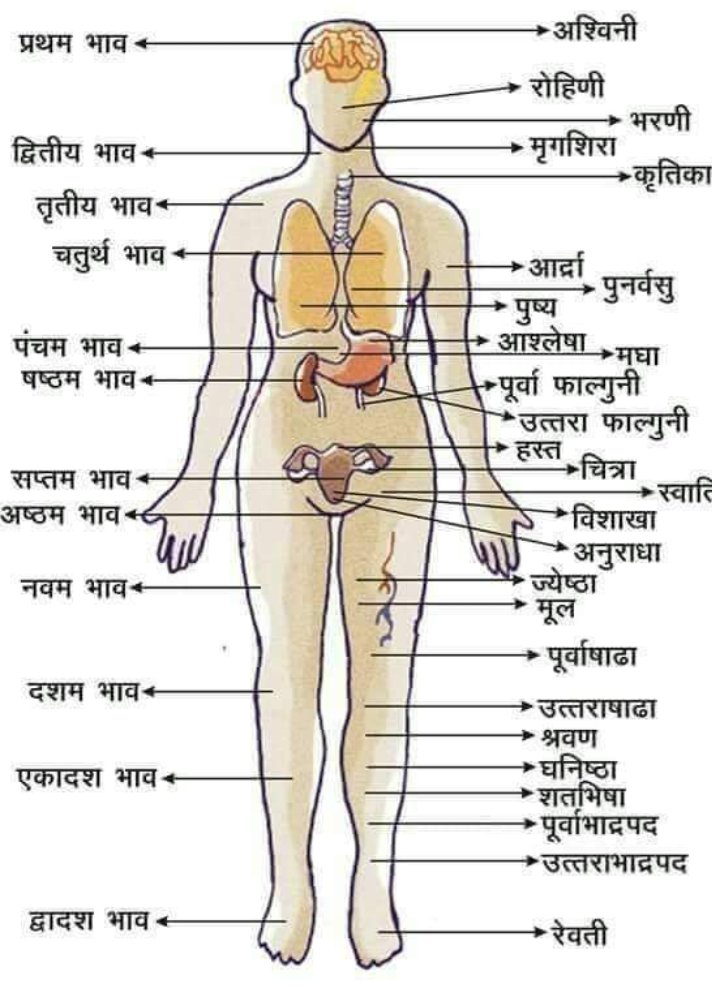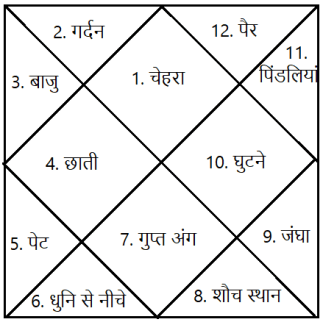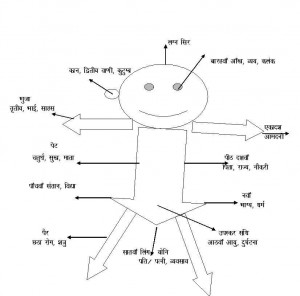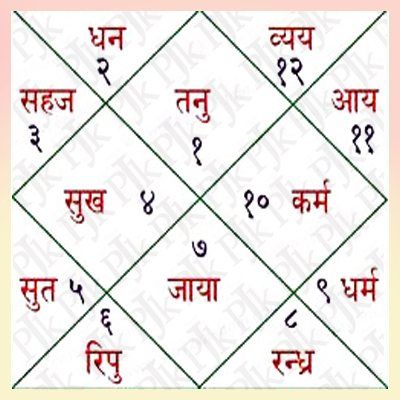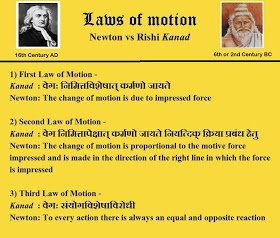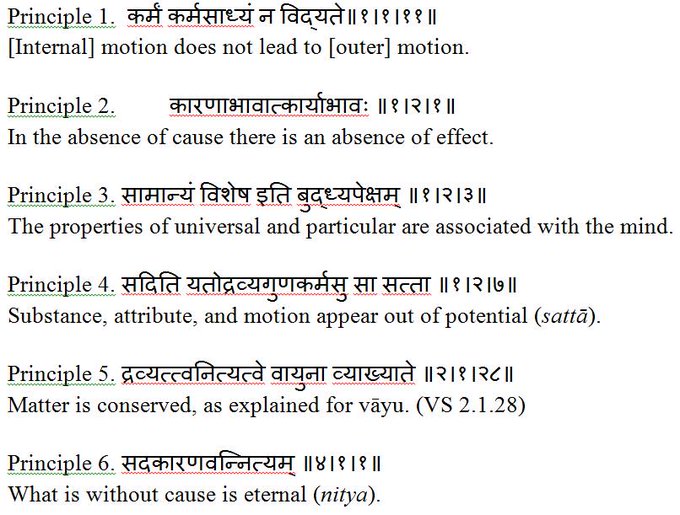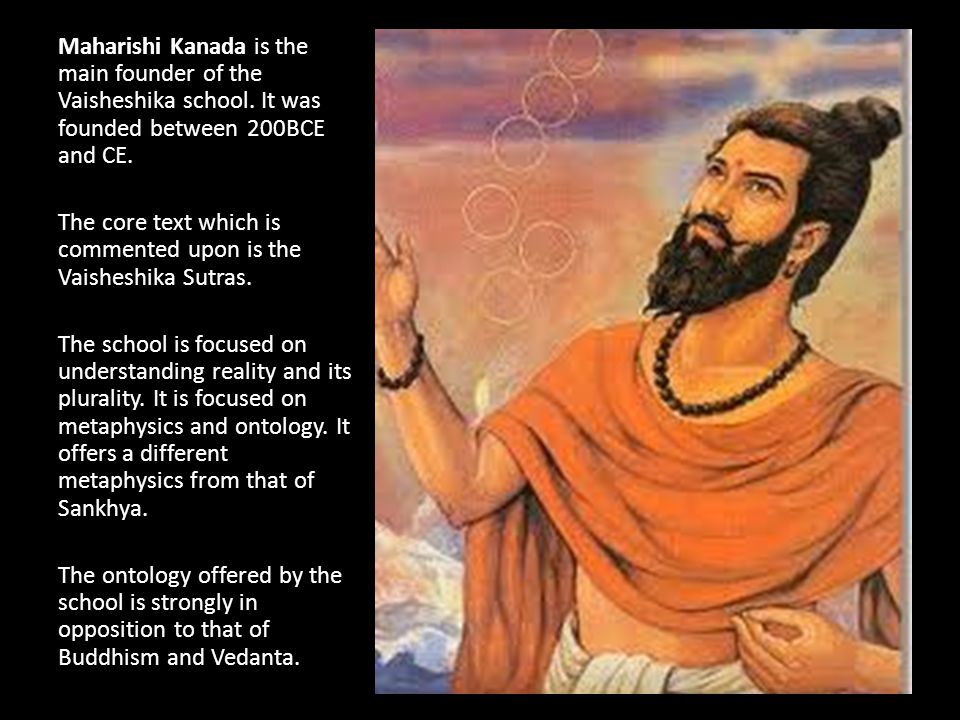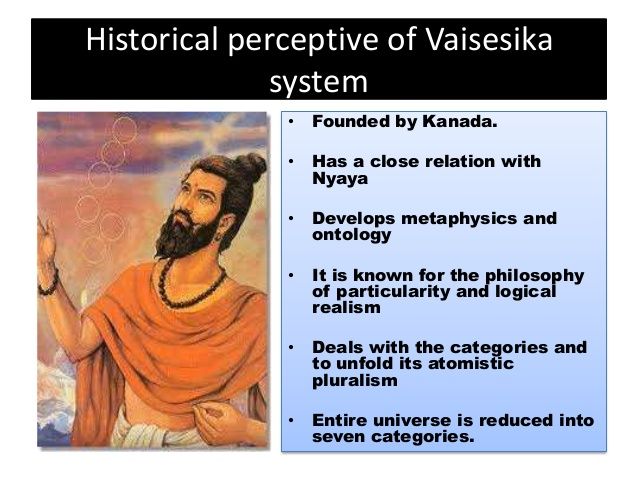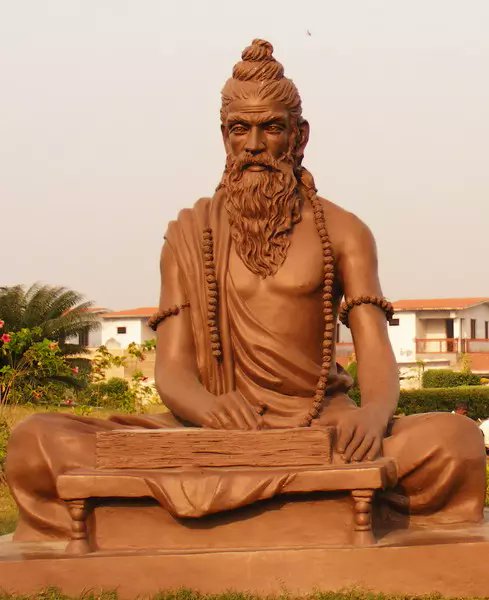We see this in another community too for whom religious classes are a never miss.
Noticed of late students from a particular community cracking civil service,NEET exams in large numbers.Ever wondered why?
Apart from the factor that the community as a whole gives more importance to these kind of exams,there is another prime reason.
Let's explore..
We see this in another community too for whom religious classes are a never miss.
Do we have any such rigid 'rules' to teach the vast enormous stotras or verses from Gita etc?
Even at our homes,we do not enforce or even encourage the little ones from a tender age to assimilate the never ending treasures within our religion.
And why not that be Sanskrit,the usual medium having our verses,sutras?
If learning Sanskrit looks like an uphill task,try encouraging kids to learn and chant sahasranama.
1)The tremendous effect of memorising verses on the brain.
2)As the child grows,he/she will have an inclination to learn Sanskrit which is a language that can be learnt only under will and not on force.
3)It roots the child to his/her religion.
The child gets exposed at a tender age to the constant,strenuous process of learning so much so that learning/studying later on doesn't fatigue them.
More from All
You May Also Like
Like company moats, your personal moat should be a competitive advantage that is not only durable—it should also compound over time.
Characteristics of a personal moat below:
I'm increasingly interested in the idea of "personal moats" in the context of careers.
— Erik Torenberg (@eriktorenberg) November 22, 2018
Moats should be:
- Hard to learn and hard to do (but perhaps easier for you)
- Skills that are rare and valuable
- Legible
- Compounding over time
- Unique to your own talents & interests https://t.co/bB3k1YcH5b
2/ Like a company moat, you want to build career capital while you sleep.
As Andrew Chen noted:
People talk about \u201cpassive income\u201d a lot but not about \u201cpassive social capital\u201d or \u201cpassive networking\u201d or \u201cpassive knowledge gaining\u201d but that\u2019s what you can architect if you have a thing and it grows over time without intensive constant effort to sustain it
— Andrew Chen (@andrewchen) November 22, 2018
3/ You don’t want to build a competitive advantage that is fleeting or that will get commoditized
Things that might get commoditized over time (some longer than
Things that look like moats but likely aren\u2019t or may fade:
— Erik Torenberg (@eriktorenberg) November 22, 2018
- Proprietary networks
- Being something other than one of the best at any tournament style-game
- Many "awards"
- Twitter followers or general reach without "respect"
- Anything that depends on information asymmetry https://t.co/abjxesVIh9
4/ Before the arrival of recorded music, what used to be scarce was the actual music itself — required an in-person artist.
After recorded music, the music itself became abundant and what became scarce was curation, distribution, and self space.
5/ Similarly, in careers, what used to be (more) scarce were things like ideas, money, and exclusive relationships.
In the internet economy, what has become scarce are things like specific knowledge, rare & valuable skills, and great reputations.



